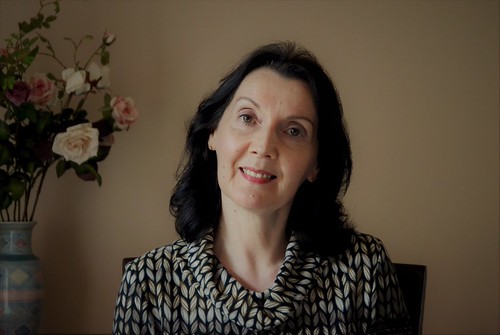The Key to Successful Communication
“Better
to remain silent and be thought a fool, than to speak out and remove all
doubt.” – Abraham Lincoln
How many times have we said the wrong thing
only to later regret it. For some, this is a rare occurrence, however for
others it regularly happens and the old ‘foot in mouth disease’ can have
far-reaching consequences. When we communicate fully, both verbally and
non-verbally, being aware of how we communicate can open our eyes to a world
where our opinions are valued and not dreaded. I have set out a few points which I see as ‘food for thought’.
If you speak in anger, you are
not thinking with the logical side of your brain. Therefore, what you say will be
meaningless and very often hurtful. Try
counting to ten and taking a step back before you speak in anger.
Observing yourself in a given situation
is always a good idea. If you are constantly saying the wrong thing, it is in
response to perhaps being ‘put on the spot’. If this is the case try to be
aware of these types of situations and change your approach to one of listening
and remaining calm before responding.
Take heed and pay attention to
what is being said. Trip ups of the tongue occur when what is being said is not
fully comprehended. Let your mind process the information around you, and then
speak from a place of understanding.
Observe other people when they
communicate. People communicate in many different ways and being able to read
body language will give you a pretty good indication of how someone is going to
react to what you say.
Very often it is not what you
say but how you say it that does the damage. Try to imagine your spoken words
as having a goal of their own, and that is to convey your message in a positive
way. People have many facets, and once the spoken word has taken flight and
crashed, it is difficult to repair the damage.
Do not speak unnecessarily, or
because you feel obliged to. If you are not familiar with the dialog, then
listen, after all meaningful conversation is much more than just noise.
Always be aware of how you
think others might react to what you are about to say. If you are going to
contribute to a conversation, then try to create an atmosphere which elicits
people’s understanding of this.
The tone of a person’s voice
speaks volumes. If the right tone does not match the body language or
compliments your content, then the right message will not be conveyed.
Even if your words were not
intended to hurt, try to remember that a person’s perception is their reality. And in these circumstances it is always better to apologise.
The art of
communicating can, for some, be difficult to perfect, however with patience,
thoughtfulness and insight it can become a vital part of your life, making what
you say valued, respected and sought after.




0 comments